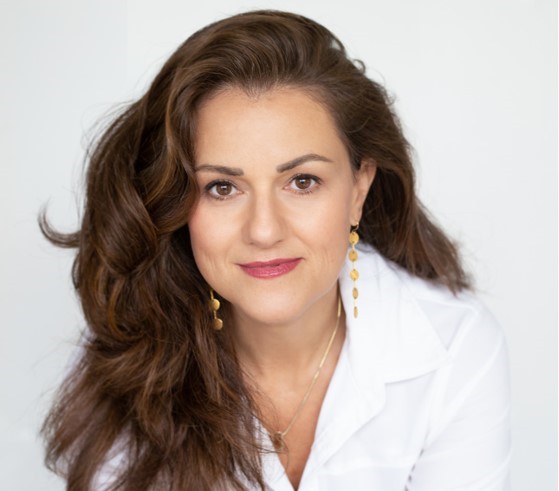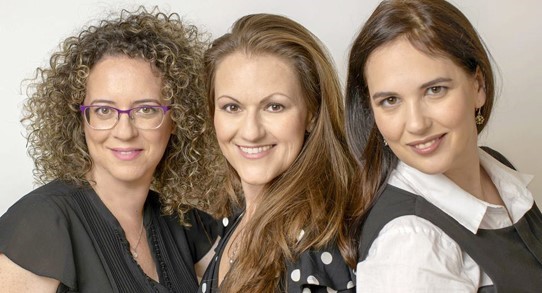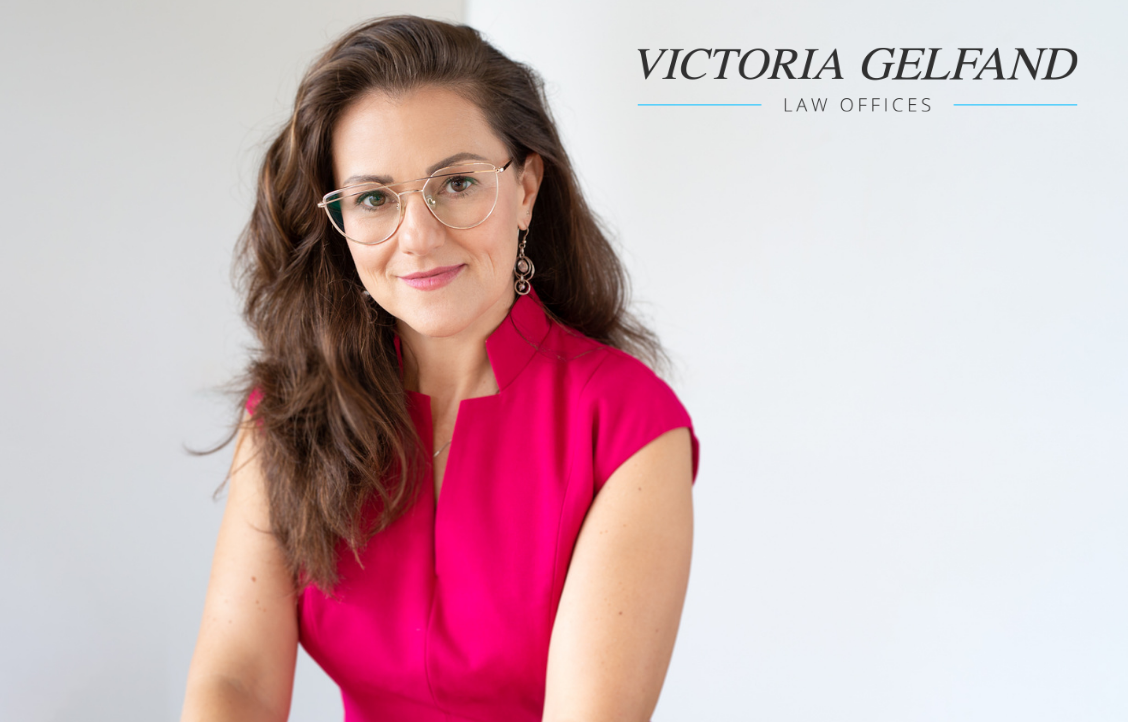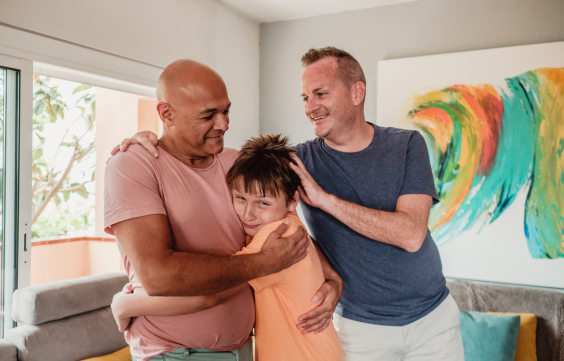Parents
A Legal Expert Weighs In On The Serious Risks Involved In Twin Surrogacy
Many intended parents consider having twins for various reasons. In theory, this makes sense because you can have two babies in one journey. But in reality, things aren’t that simple.
We spoke with Victoria Gelfand, a legal expert in the field of surrogacy law based in Israel, who explained why she believes a twin pregnancy via surrogacy is not a good idea.
Victoria, thank you so much for being here. We would really like to talk to you about the legal aspects, but it seems that the first thing that comes to mind of many intended parents is the financial concern related to costs of an extended hospital stay if children are born prematurely. Is there a difference in that regard between local and international intended parents that they need to be aware of when they start their surrogacy journey?
Generally speaking, I would say that intended parents who reside in the US can usually have these expenses covered through their own health insurance. Meaning, they should take all necessary steps to have the newborns acknowledged as their legal children, in order to be able to add them as eligible dependents to their own health insurance within the requisite window after the birth.

Now, for international intended parents it’s a totally different story, because they don’t normally have an applicable health insurance to which they can add their newborn children, but many of them are told that they could then put the children on the surrogate’s insurance, which is not quite right.
Intended parents should note that insurance does differ from state to state in the US and there are some states and cases where the law actually considers the surrogate to be the legal mother, until the court order which would terminate her parental status. But that depends heavily on the state law, the legal agreement and the specific language of the health insurance policy. In most parts of the US, you can’t add the baby as the surrogate’s legal child and dependent without putting the surrogate at risk of eventually becoming personally accountable for the large newborn bills - or even worse, being charged with insurance fraud, which is a federal offense.
We know there are pros and cons to twin surrogacy journeys. What is your view on that issue?
I believe the Main problem with intended parents who aim to have a twin pregnancy is that the pros are so obvious and tempting: completing the family building process in one go - financially, emotionally, logistically and so on - raising children who are intimately close coping with sleep deprivation / diapers / weaning / toilet training only once. The cons, on the other hand, seem distant and vague and let’s face it - those who start a surrogacy journey usually opt to be optimistic and believe that things will turn out for the best.
Having said that, if we return to the issue of potential costs it’s important to understand that NICU hospitalizations can cost up to $10,000 per day per child - or even more - and that’s just the medical bills. Twins have significant chances of being born prematurely, and it’s not only risky financially but there is a high potential for long term or lifelong health complications stemming from the premature birth, such as ADHD, asthma, vision or hearing problems, developmental delays and other medical issues.
You know, people think the worst case scenario is a lengthy hospitalization or complications. But actually, the worst case scenario is death. No one wants to talk about this, but we’ve had parents bury their newborn twins, or one of them, who just did not survive. That’s absolutely devastating and heartbreaking.

But even when things don’t turn out for the worst, another thing related to twins and premature birth and complications has to do with the surrogate candidates themselves.
For example, one couple we worked with had the best possible candidate for a twin journey: 25 years old, in excellent health, three children of her own, great support system, lives in the outskirts of a big town, owns her own house with a lawn and has an office job. Her pregnancies were by the book with births at 40 weeks.
But unfortunately, all that did not protect the surrogate from the complications of a twin pregnancy.
At week 23, the surrogate had a significant cervix opening and was immediately hospitalized to try and delay the birth as much as possible. She eventually gave birth a week and a half later, just before 25 weeks, and the babies were hospitalized for 3 months.
Think now about that woman when she is hospitalized and restricted to bed for a few weeks, what does she have to do in the interim? At first she will binge, read and talk to friends. Then after a few days she’ll probably go to some online surrogacy group or forum and have discussions with other surrogates, or blog about her personal experience. She'll post something like, “I thought I’ll do good by having twins, but it’s not great. I've had a hard pregnancy and now they are trying to save it, but there’s a chance they won’t survive. Instead of becoming the angel for my intended parents, I might end up being their angel of death. Even if I deliver successfully and the babies survive, I’m no longer qualified as a surrogate due to the extremely premature birth. I’m only 26 now and I thought I could do this maybe for a couple of families. I thought I could do this without harming myself or my family, but that did not work out like I planned. Girls, please listen to me - if you’re thinking about doing a twin surrogacy, don’t. Just go one at a time.”
So everyone, including the surrogates, are now getting better informed due to the accumulated experience, and it’s getting more and more complicated to find agencies who would agree to match intended parents for a DET (double embryo transfers) journey, or women who will agree to carry a twin pregnancy.
Today, many IVF clinics will only do single embryo transfers, per ASRM guidelines, and only transfer multiple embryos when there have been a few unsuccessful attempts with a single embryo, or when the embryos are known to be of poor quality, which is usually not the case with embryos created from an egg donation. Maybe then they’ll recommend transferring two embryos. So it means that when you start the journey wanting a twin pregnancy, it will take you significantly longer to be matched.
In addition, since the whole process is voluntary and no one would make any step against the surrogate’s own free will, the surrogate may decide up to the day of the transfer itself that she’s not willing to carry multiples, and then the intended parents will be faced with the choice to discontinue and start over, or just transfer a single embryo - to be decided at the last minute.

In your experience, are twin surrogacy journeys common in the US?
The fantasy of a twin pregnancy is apparently much more common for Israeli intended parents than any others. Having the highest fertility rate in the OECD, in Israel we’re surrounded by families raising 3, 4 or 5 children, and sometimes more.
Being a fertility hub and having state health insurance, many families and single women in Israel turn to IVF solutions and end up with multiple pregnancies, so it’s very customary to see twins - and it’s hard to argue with the charm of that idea when they look so cute. But intended parents from other states don’t have the same peer pressure, nor common examples, to carry more than one child and thus they’re not aiming for twins in their surrogacy journeys too often.

Planning a surrogacy journey? Make sure you're protected







